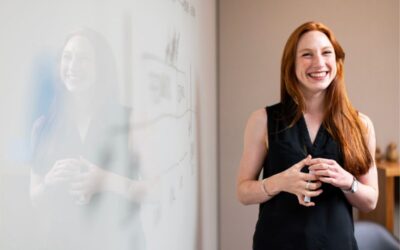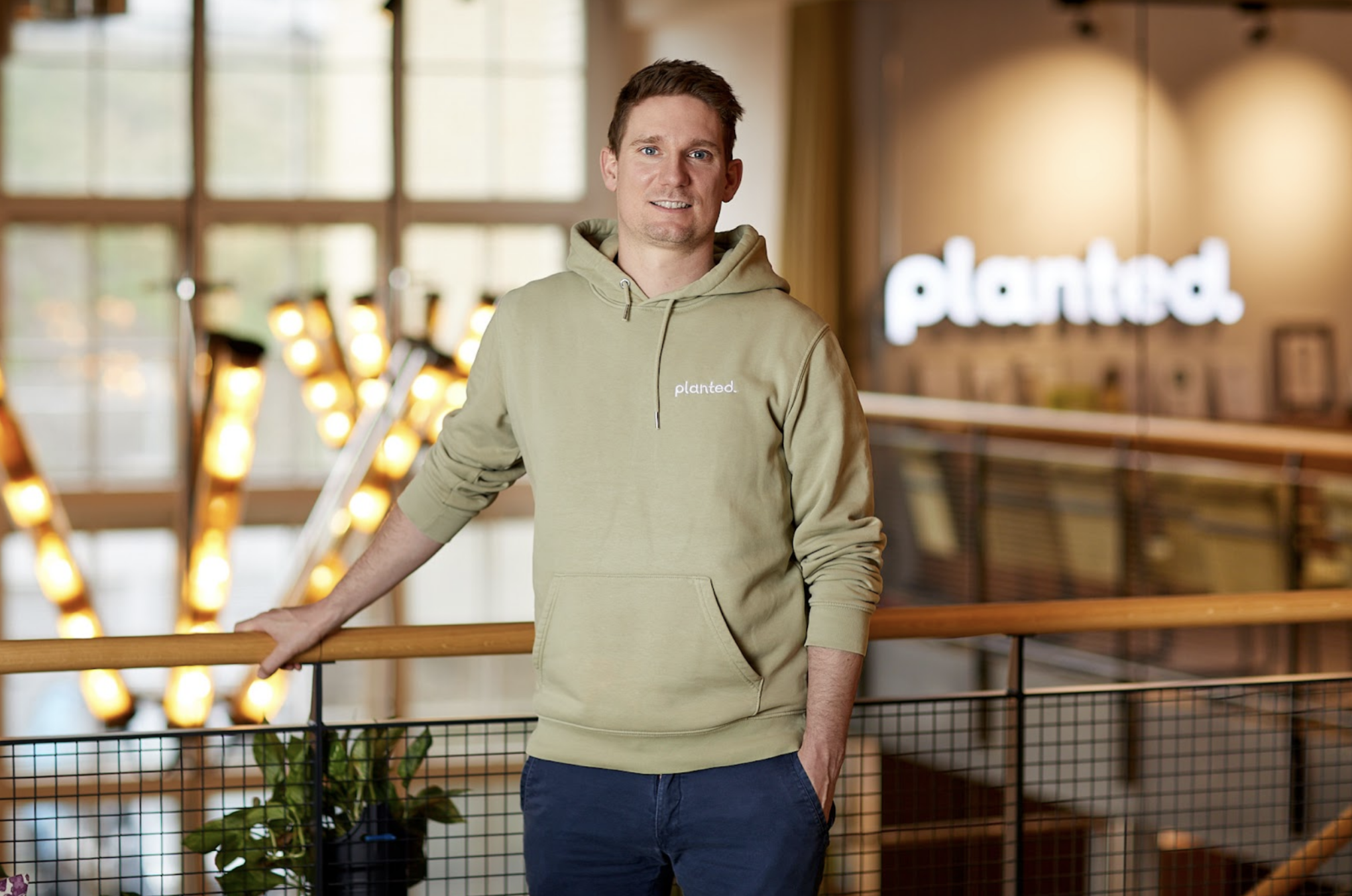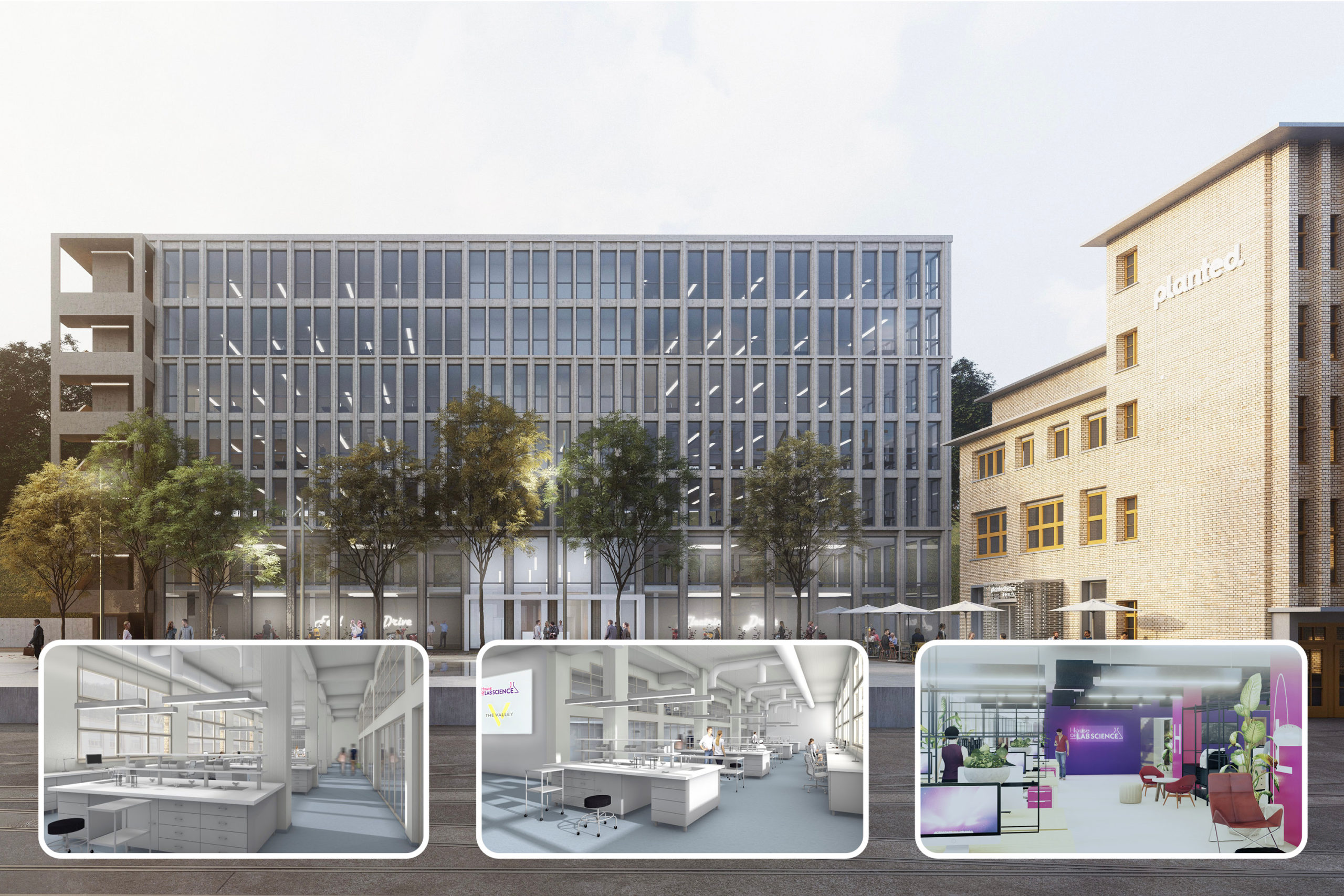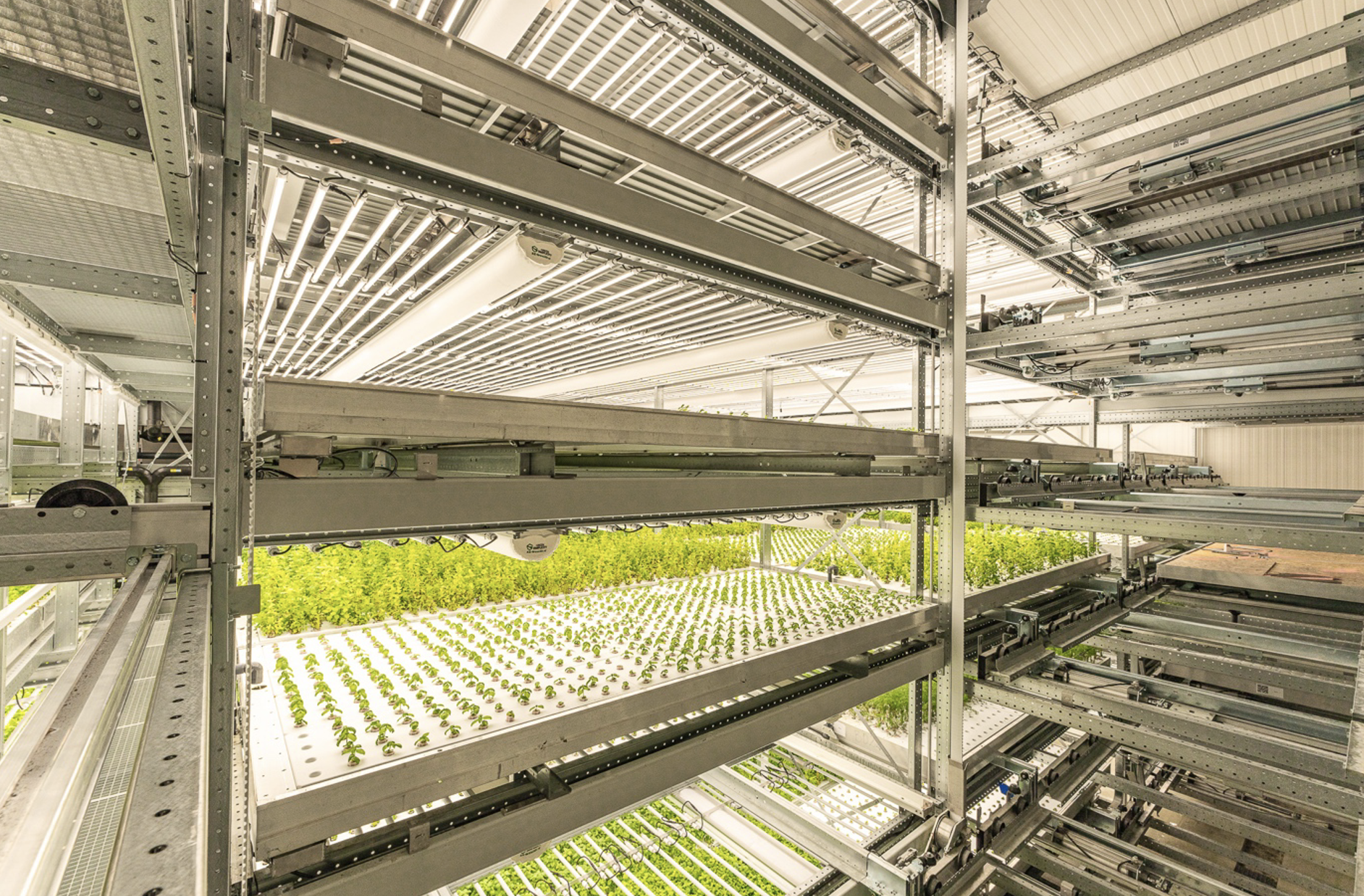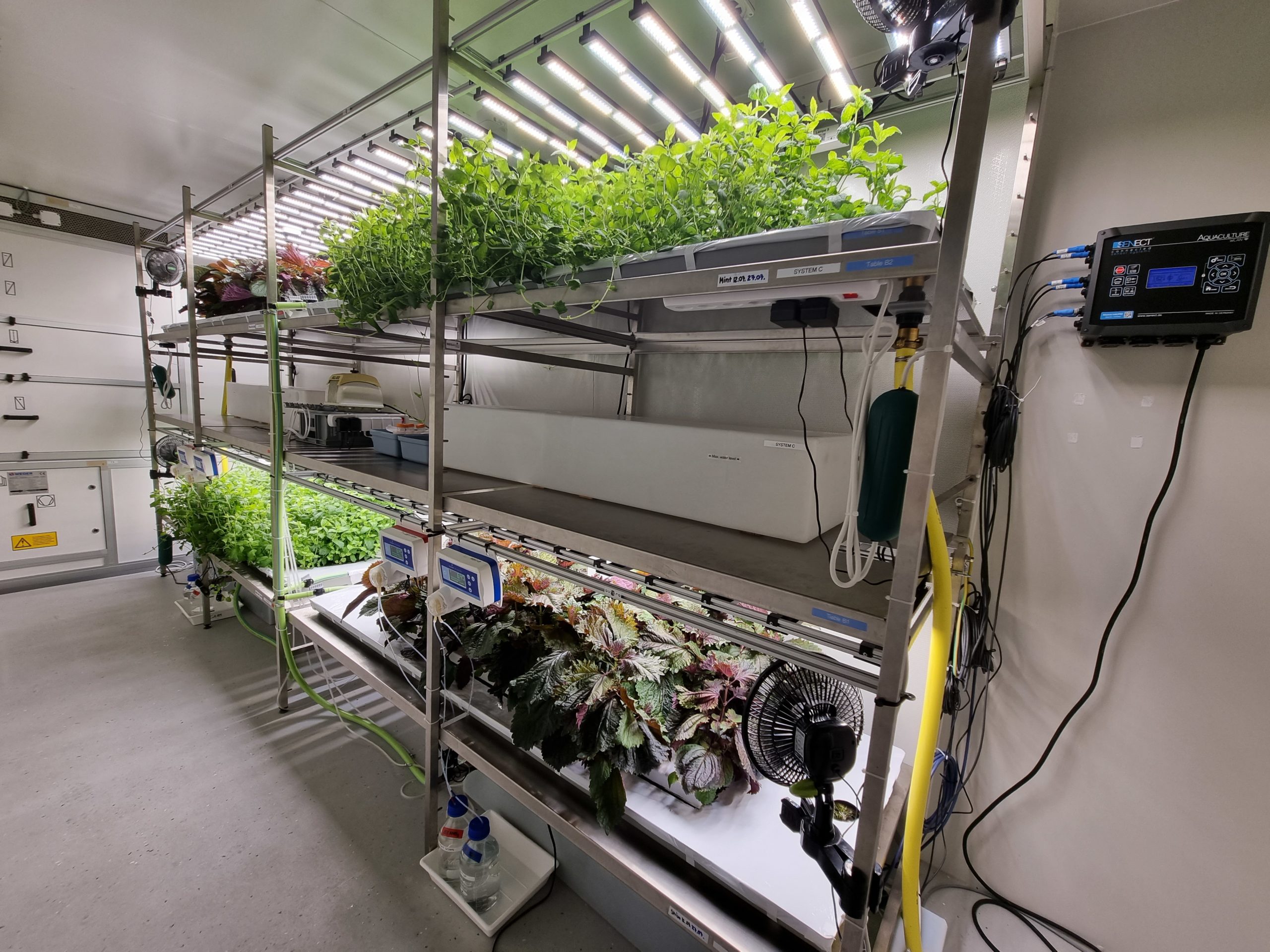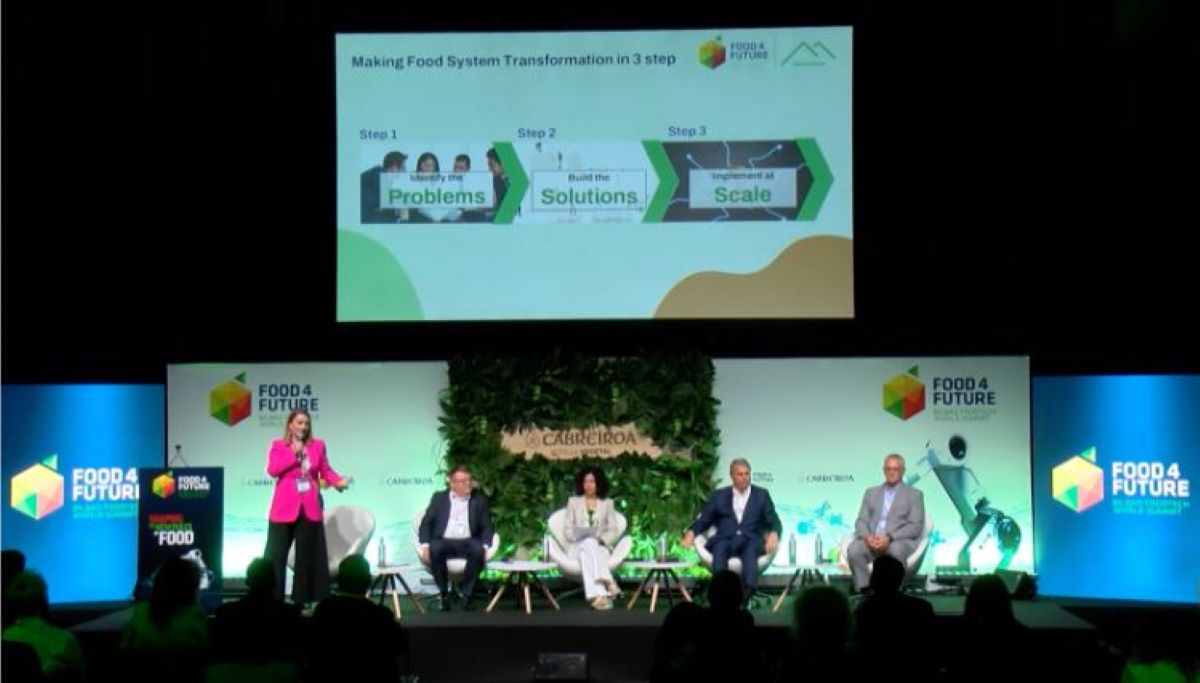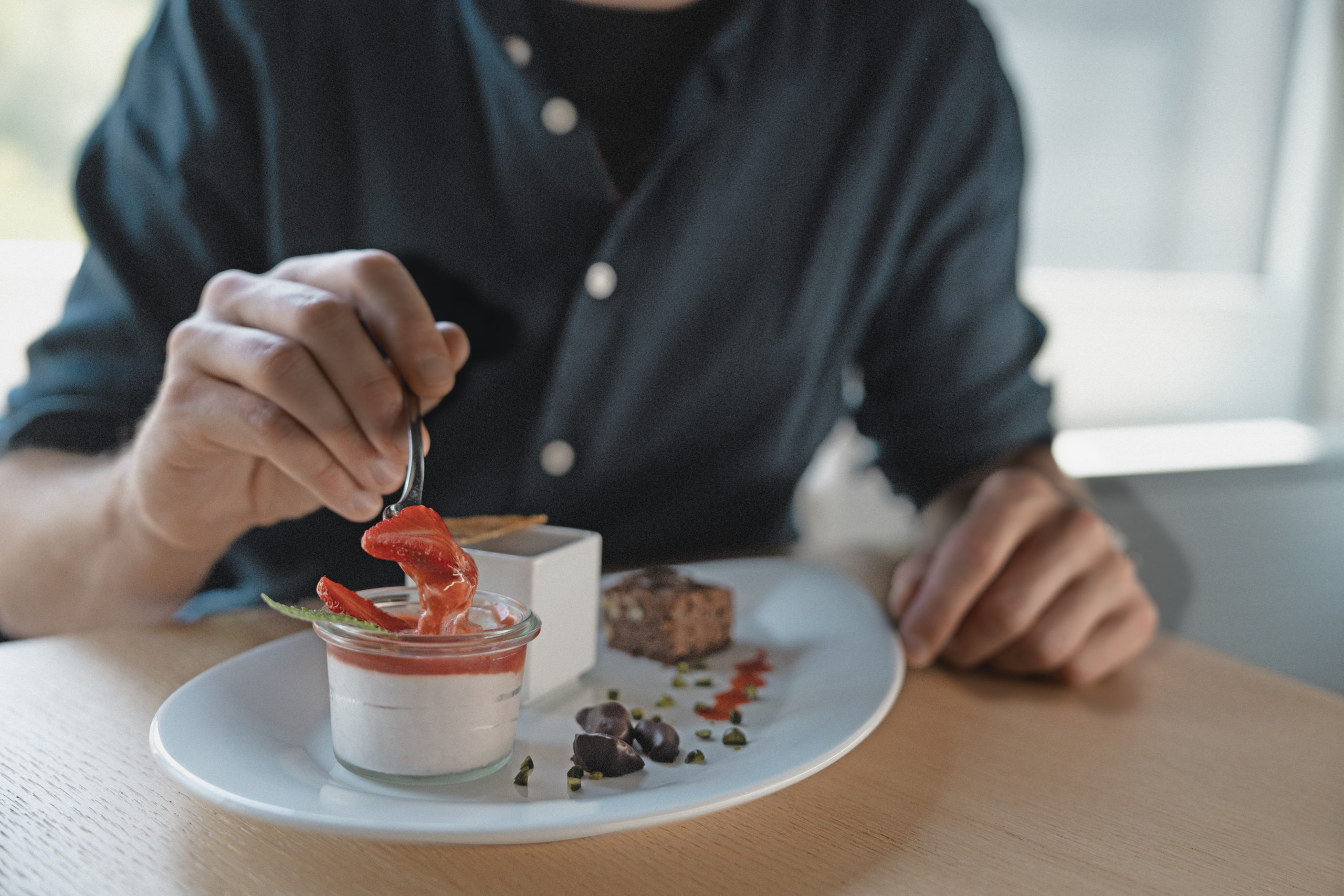Swiss foodtech startup GoNina has...
Meet 3 Swiss researchers shaping the future of food
Meet 3 Swiss researchers shaping the future of food
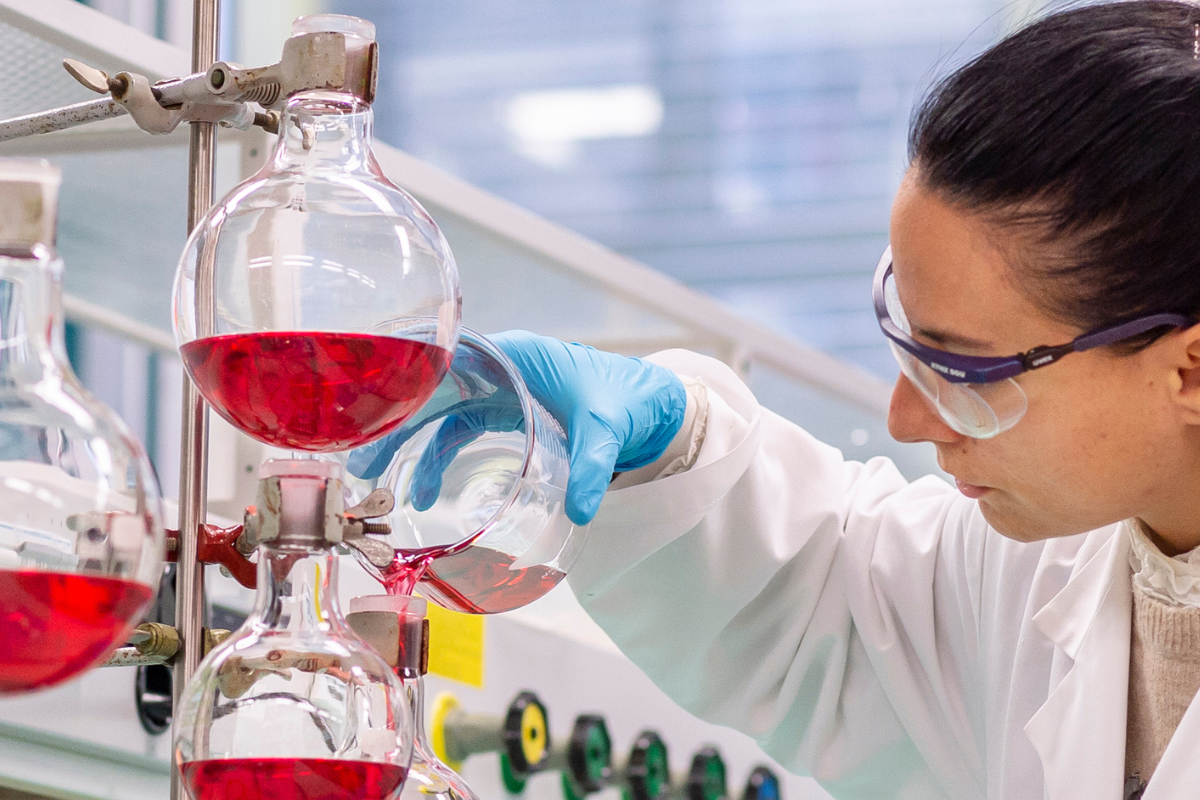
The Future Food Initiative provides an opportunity to educate and train new talent around the food value chain by leveraging the complementary strengths of the Swiss academic and industrial research communities. Meet this year’s three winners and find out more about what they’ll be working on.
Finding sustainable sources of nutrition
Back in 2019, Valley academic partners EPFL and ETH Zurich teamed up with fellow industry partners Bühler, Givaudan and Nestlé to launch the Future Food Initiative. The project aimed to expand research and education in the area of food and nutrition sciences and develop solutions that address the most significant and complex challenges facing our food systems. The program is co-managed by the Integrative Food and Nutrition Center at EPFL and the World Food System Center at ETH Zurich. The last call was addressed to professors and senior researchers at EPFL and ETH Zürich on the following topics:
- Sustainable and nutritious lipids
- Solutions for affordable nutrition in lower and middle-income countries
- The relationship between nutrition & microbiome
- The processing of plant proteins
Meet the researchers
Three brilliant researchers were awarded in the last call:
Prof. Bart Deplanke from EPFL
Prof. Bart Deplanke from EPFL’s Laboratory of Systems Biology and Genetics Project will be exploring the influence of dietary lipids at weaning on adipose tissue expandability. So what does this mean in practice?
In humans, body fat can vary widely, from normal levels between 10-30% to >70% in severe obesity. Research has shown that excess fat mass strongly correlates with metabolic, respiratory and cardiovascular complications. The team therefore anticipates that this work will provide us with nutrients that could be used to change the way that fat is stored in our bodies, potentially protecting against long-term metabolic ailments. They also hope that they will identify circulating molecular markers and/or microbiome signatures that can predict which individuals are more at risk of metabolic complications upon body weight gain.
Prof. Alexander Mathys from ETHZ
Prof. Alexander Mathys from ETHZ will be developing a project exploring how pea and rapeseed protein can be refined using natural deep eutectic solvents. The project aims to develop a fundamental understanding of the extraction of anti-nutrients from two protein-rich agricultural byproducts – pea protein concentrate as well as rapeseeds and rapeseed press cake – to recover purified plant proteins using a novel class of solvents, food grade Natural Eutectic Solvents (NADES). The suggested research approach has the potential to significantly reduce the colour and bitter, sharp, and astringent off-tastes of plant protein as compared to aqueous extraction. The project will enable an innovative ‘green chemistry’ approach to refine plant proteins from underutilized protein-rich agricultural (by)products.
Prof. Randall J. Platt from ETHZ
Prof. Randall J. Platt from ETHZ’s Laboratory for Biological Engineering will be elucidating mechanisms of probiotic function through transcriptional recording.
Trillions of microorganisms live in our gastrointestinal tract and play a crucial role in digesting, metabolizing, and releasing nutrients. The immense potential of the gut microbiome to modulate multiple aspects of health and disease, as well as its accessibility, has fueled an expanding global market for novel probiotics. This project aims to characterize mechanisms by which nutritional interventions influence the establishment and functional ability of probiotic bacteria in the gut in a non-invasive manner.
Each project will receive a maximum budget of 197’000 CHF and will run for a period of 2-4 years. We look forward to reporting back on their progress!
Never miss a Swiss food innovation morsel.
Latest News
GoNina secures new funding from the Migros Pioneer Fund in its mission to reduce food waste
Bühler Scale-Up Day accelerates industry and start-up collaboration
Valley partner Bühler is making...
What if talent – not tech – is the missing ingredient in building food system resilience?
What if talent – not tech – is the...
Bühler Networking Days 2025: Scaling sustainable food solutions through collaboration
More than 1,200 industry leaders from...


